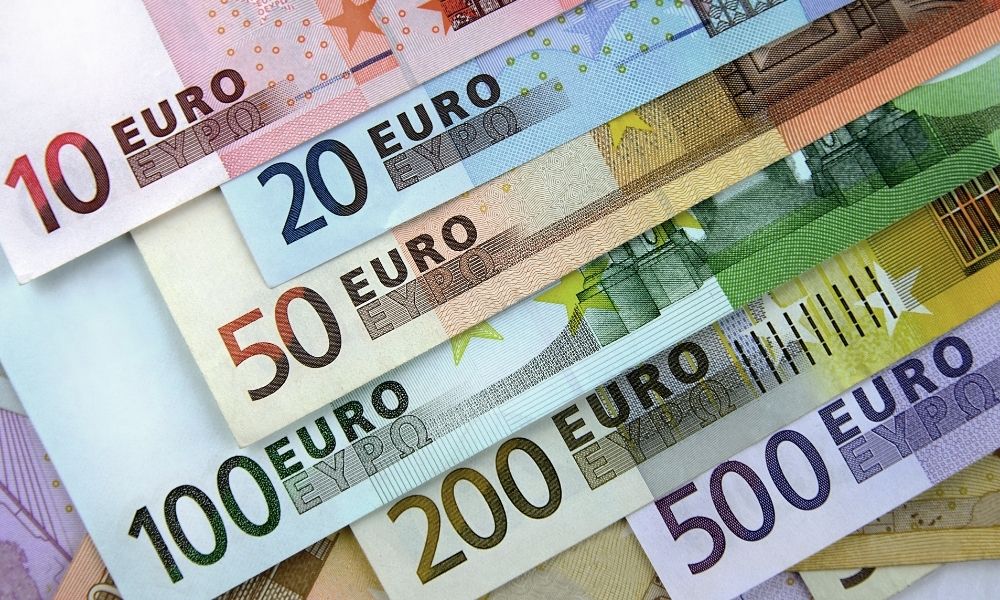
(Reuters) - The euro was pinned to a five-week low on Wednesday and commodity currencies found support as prospects for peace in Ukraine darkened, while traders were bracing for volatility in the New Zealand dollar ahead of an expected rate hike.
Russian President Vladimir Putin described on-and-off peace negotiations as "a dead-end situation" overnight and Europe's common currency, vulnerable to concern about the war's economic fallout, dropped to $1.0821.
It held near that level in early Asia trade. Elsewhere upward momentum for the U.S. dollar waned a little following cooler-than-expected U.S. inflation data, which has investors hoping that price pressures might have peaked.
A second straight monthly decline in prices of used cars held core CPI to a 0.3% gain in March, against an expected 0.5% rise.
The resulting relief rally in bonds, lowering U.S. yields, gave the yen a brief boost. But since headline inflation nevertheless came in at an eyewatering 8.5% and rapid rate hikes still loom it wasn't enough to knock the dollar much lower.
The yen was under pressure at 125.47 per dollar, just above major support at 125.86. Sterling dipped just below $1.30 to $1.2999 in morning trade.
The Australian dollar eased from overnight gains made with a bounce in oil prices to $0.7440.
The Reserve Bank of New Zealand's (RBNZ) meeting at 0200 GMT is the main event in the Asia session, ahead of a central bank meeting in Canada later in the day and policy decisions in Singapore and Europe later in the week.
The question in Wellington is not whether the RBNZ will hike, but by how much. Swaps markets price a near 90% chance of the benchmark cash rate rising 50 basis points (bps) to 1.5%, leaving room for the currency to gain if such a hike is delivered, but also vulnerable to a drop if the hike is smaller than that.
"We expect NZD to fall strongly if the RBNZ increases by only 25 bp," said Commonwealth Bank of Australia (OTC:CMWAY)'s head of international economics, Joe Capurso.
"NZD/USD may jump closer to $0.7000 if the RBNZ hikes by 50bp and provides a hawkish statement about further large increases in the cash rate."